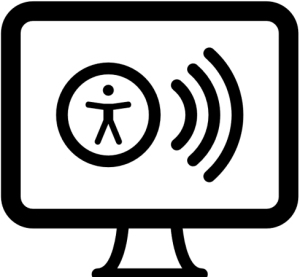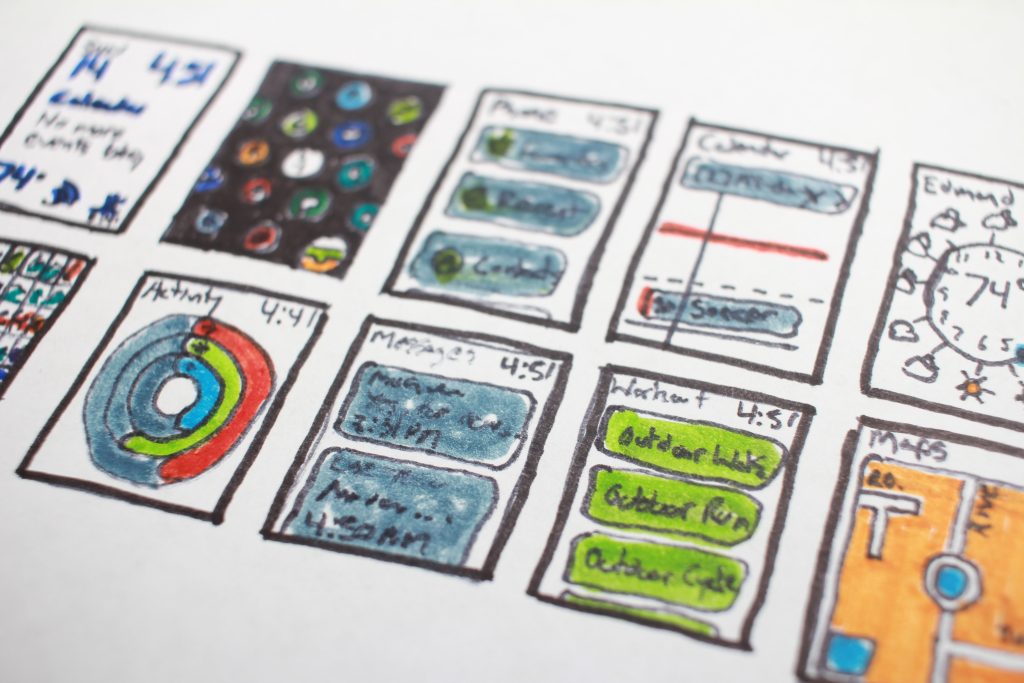
Over the past six months, we have been piloting and refining a fully online, extensive reading (ER) program for the Avenue community using the Xreading program. See the Moving Forward with Extensive Reading in the LINC Context blog post for more information. Many LINC instructors have shown interest in a blended learning ER solution for students as they are now returning to their centres. In this post, we offer a potential solution and an invitation to a webinar for implementing and facilitating a blended learning ER program using the MReader tool.









